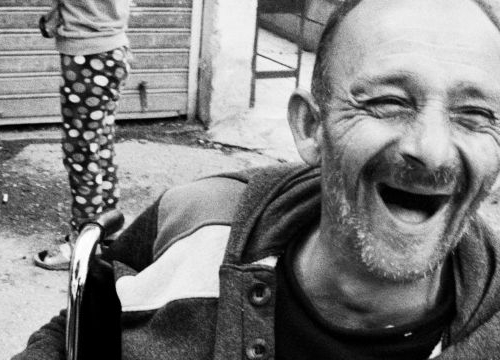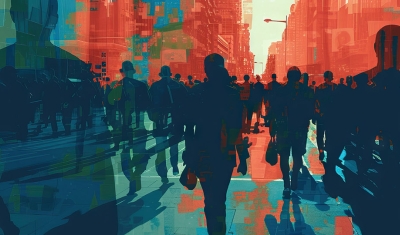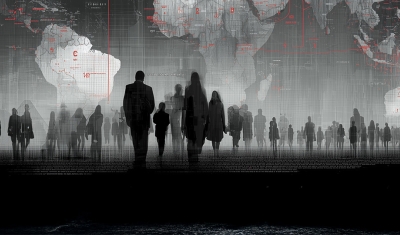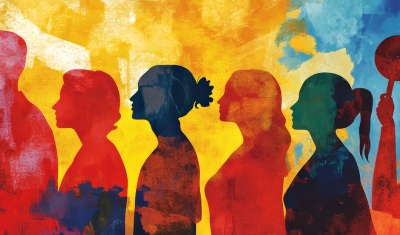Photo Exhibition: Disability and Armed Conflict
Event


Giles Duley
This photo exhibition by Giles Duley tells the stories of persons with disabilities during and following armed conflicts including Odai in Gaza, Yasmine in Iraq, Betty in Uganda and Kholoud who fled Syria with her family and now lives in Holland after having spent almost three years in Lebanon.
The 24 stories of the exhibition show not only the devastating impact of armed conflict on persons with disabilities but also how persons with disabilities are often excluded from humanitarian services or reconciliation processes following conflicts.
Showing the Forgotten Victims of Armed Conflict
Despite the devastating impact armed conflict has on persons with disabilities, they remain the forgotten victims of armed conflict.
Determined to bring attention to the lives of persons with disabilities living in armed conflict, we have partnered with the photographer Giles Duley to tell the stories of some of those affected by armed conflict.
Accessibility of the Exhibition for Persons with A Visual Impairment
For persons with a visual impairment, we offer a descriptive presentation of part of this photo exhibition, developed in partnership with the Centre de Compétence en Accessibilité de l’Association pour le Bien des Aveugles et Malvoyants and the Association Dire pour Voir.
At the exhibition site, each panel of the exhibition included in the audio presentation has a QR code detectable by touch on the right edge, approximately one meter off the ground. Persons with a visual impairment can scan the QR code with their smartphone to access the description of the images and texts.
Alternatively, persons with visual impairments can also download the entire presentation here.
The remaining stories, which do not form part of the descriptive presentation, can also be downloaded here.
Two guided tours of this exhibition for persons with visual impairments, their friends and families will be held in French on Sunday 19 May and Sunday 26 May at 14:00. The tours will start from the Geneva town side of the exhibition. They are provided free of charge and no registration is needed.
Our Publication on Disability and Armed Conflict
This exhibition is part of our research project on the legal obligations of states, armed non-state actors and humanitarian organizations towards persons with disabilities in the conflict setting.
Our publication ‘Disability and Armed Conflict’, that will be launched in early May, is the output of that research. It explores the international humanitarian law and human rights obligations of states, armed non-state actors and humanitarian organizations towards persons with disabilities and makes a number of recommendations on how these obligations can be better met to ensure that in the conflict setting, no one is left behind.
Partners and Support
We are grateful to Diakonia, the Republic and State of Geneva, the Legacy of War Foundation, the Centre de Compétence en Accessibilité de l’Association pour le Bien des Aveugles et Malvoyants, the Association Dire pour Voir and Gobet Rutshi for their support of this exhibition.
We are also grateful to the Swiss Network for International Studies for its support to our research project on disability and armed conflict, as well as Pro Victimis for their initial support on this research.










